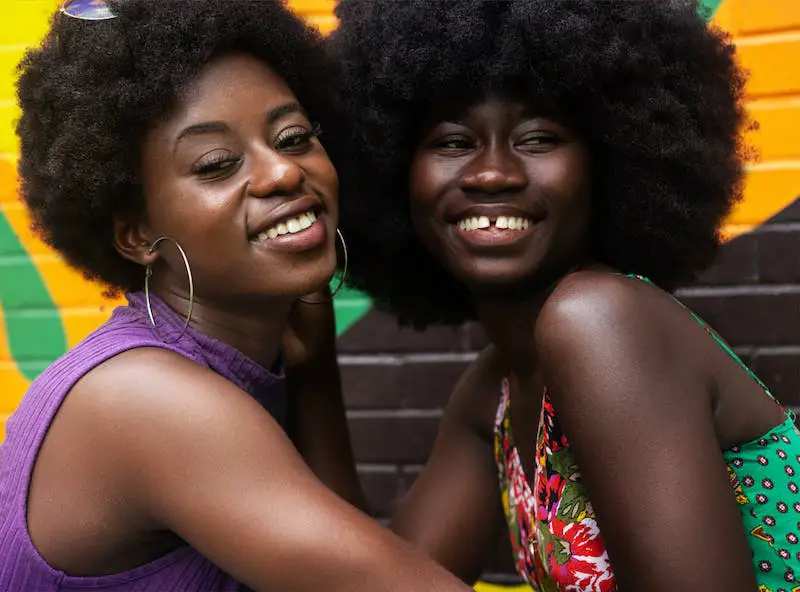One of my favourite Nigerian movies is Fifty which was produced by EbonyLife Studios and starred actresses like Dakore Egbuson-Akande and Ireti Doyle. It follows the lives of four friends as they navigate health, marriage, family and careers as they reach their fiftieth year.
I love it because it was a realistic portrayal of Nigerian women and one of the few Nigerian movies that speaks on the lives of older women without tying them down to just their marital and motherhood status.
In the movie, there also was the discussion of sexual assault and in family incest. Without giving too many spoilers, one of the characters in the movie was blamed by her mother for being raped and impregnated by her father. I have not forgotten that scene easily due to the manner in which she blamed her daughter for “walking about in short skirts”. This is as though women who wear hijabs and intentionally wear baggy clothes still aren’t catcalled and raped.
But let’s get to victim blaming and its resultant effects on silencing women as a group. Victim blaming is often the act of blaming someone, often a woman for experiencing an act of violence perpetrated on them. That act of violence can be sexual, physical and even financial.
Most times, victim blaming is directed at women and often only women due to how women are held as guilty until proven innocent. It is interesting that victim blaming is the one scenario where the offended carries the weight of the offender.
This is because when someone (read: a man) comes on social media to speak on how a terrible boss has been affecting his life with toxicity, hardly would you hear anyone put the blame on him. If anything, everyone rallies around him to ensure he is comfortable legally and financially should he decide to leave the job.
For a woman though? Not so much. She will be blamed for wanting to destroy the reputation of a “family man” and will even be blamed for seducing him if she is a woman who has posted pictures of herself wearing short skirts.
Blaming women and survivors of sexual and physical assault only serves to ensure that young girls watching know that their place in life is to be quiet about any discomfort they face. It serves to tell young boys that they can go about stealing the toys of their female classmates and pinching them.
Because afterall, don’t these young boys observe their mother’s telling their sisters to be quiet and that they are “careless”, if those girls report that someone took their toy without their permission and has refused to give it back?
It is not only in the home that women are blamed for incidences that ideally they must not be shamed for. In most Nigerian markets, women are catcalled and have our bodies touched by smelly strangers and traders. If a woman complains about this, the traders in question may shout obscenities at her and ask her if she does not have a husband who will still sleep (read: humiliate her sexually) at home.
The side effect is that young girls who are watching learn early on that to be born female is to have your boundaries eroded and be shamed when you voice out discomfort. What it then leads to is these girls swallowing their voices each time a man in the office calls them “baby” or asks them if they were up all night “servicing” their husbands or boyfriends.
Blaming women raises girls who are the epitome of seeking likability and who live their entire lives as doormats who fervently wait for when a man will go on his knees to pop the question.
The truth is that the shaming and blaming of abuse survivors is a key aspect of women learning to be quiet.
We can only move ahead with women’s rights if more women tell our stories with all the “dirty linen” and remove the fear of: “What will people say”. That is when true progress shall be made.

Angel Nduka-Nwosu is a writer, journalist and editor. She moonlights occasionally as a podcaster on As Angel Was Sayin’. Catch her on all socials @asangelwassayin.

